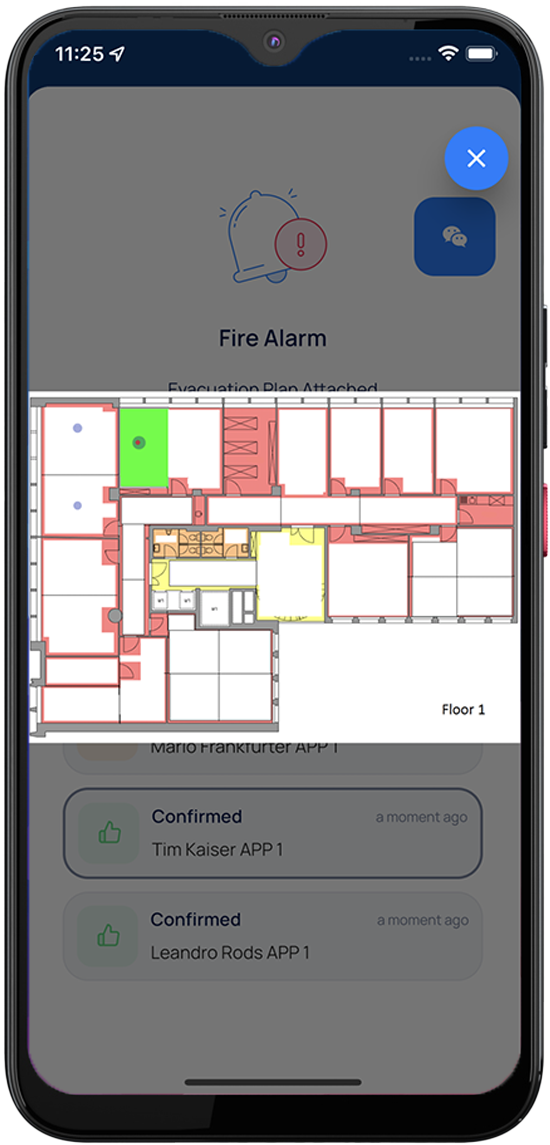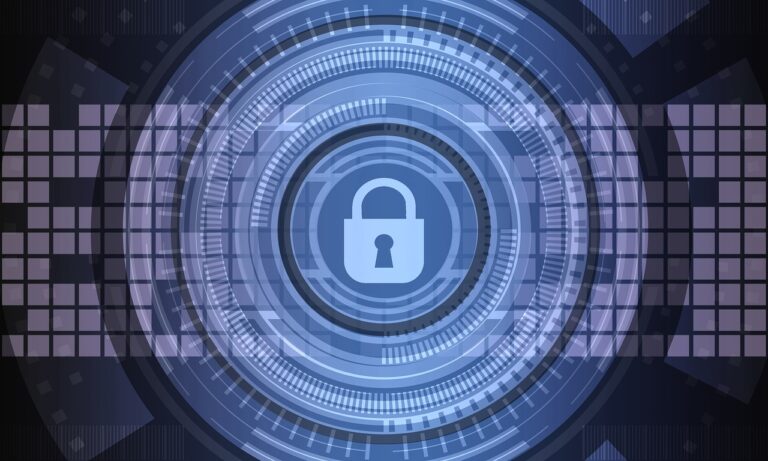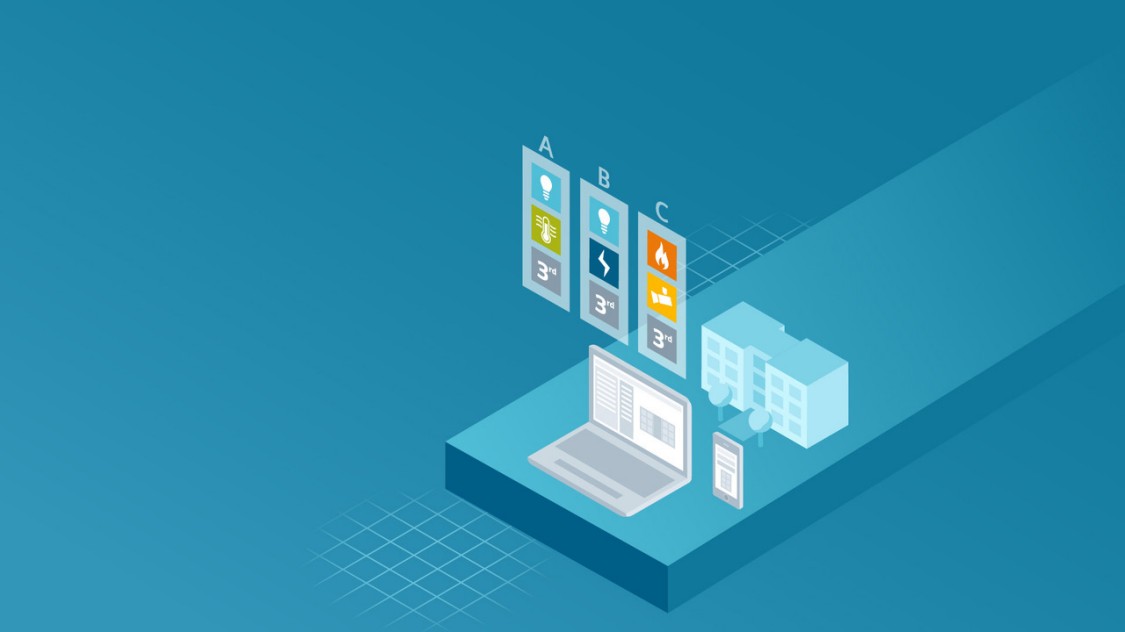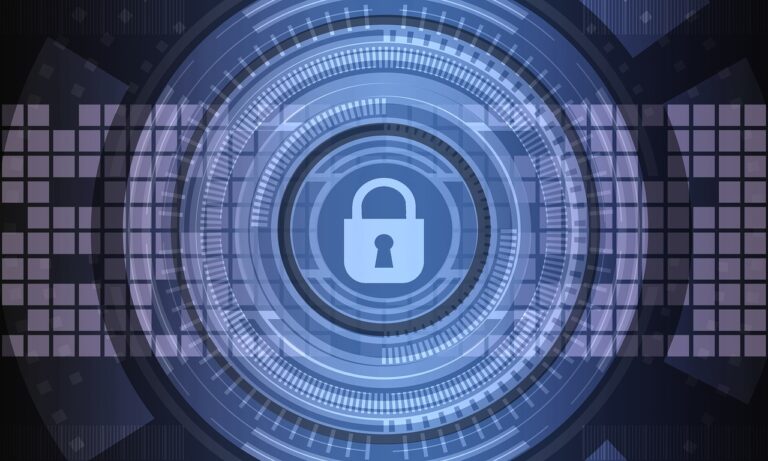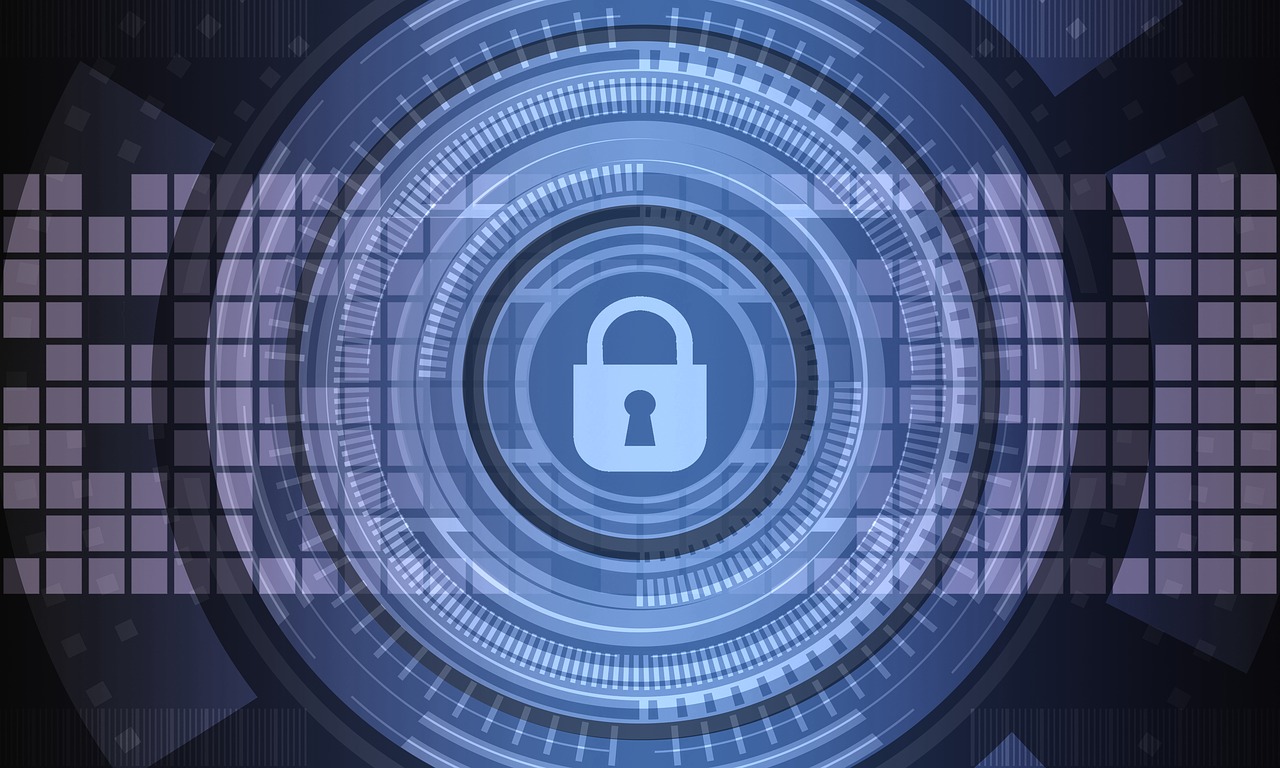01.06.2023

An alarm server is an essential tool for companies that require real-time monitoring and detection of critical events within their facilities or operations. This type of server acts as a centralized platform that receives data from various sensors, systems and detectors that work together to detect potential threats or hazards. Simply put, an alarm server is a machine that runs software to monitor, track and alert personnel to potential risks.
Every organization that relies on sensitive information or critical resources can benefit from the presence of an alarm server. These organizations may include banks, hospitals, airports, manufacturing plants, data centers and many more. Any company that requires quick response time and real-time data to mitigate risks and avert disasters can benefit from utilizing an alarm server.
Key components of an alarm server
To fully understand how an alarm server works and how important it is to various types of companies, it is essential to discuss its key components in detail. The first and most important component of an alarm server is the software program that runs the server itself. The system software controls the data coming in from the sensors, stores data logs and updates the system with new data as it arrives. The more sophisticated the software, the more mechanisms for monitoring, collating, analyzing and reporting the data gathered from sensors and systems. With a host of different alarms and alerts, software also plays a major role in setting up user-defined thresholds, configuring reports and dashboards, and automating response workflows that allow operations staff to quickly resolve various types of issues.
Another crucial element of an alarm server is the sensors and detectors used to pick up data and send that data to the server. The types of sensors needed will vary depending on the industry or the purpose of the monitoring system. Some popular detector types include fire alarms, security cameras, temperature sensors, motion detectors and water leakage sensors. These sensors are designed to feed the data to the server and trigger the programmed alarm conditions when certain parameters are exceeded.
The third component of an alarm server is the notification mechanism. This component is responsible for communicating real-time alerts to the appropriate personnel when potential problems are detected. Communication can take the form of email, text messaging or an audible alarm, all depending on the type of alarms and notifications set up by the user. Some notification mechanisms may also include pre-recorded audible messages or text-to-speech alerts designed for easy understanding and quick response.
In addition to these three primary components of an alarm server, there are also many other built-in features that enhance the functionality and usability of the system. These other components may include the ability to monitor data remotely, using data analytics to gain insights and track performance, logging and archiving of historical data, and so much more.
The types of different alarm servers
An alarm server is an essential component of an overarching security system that uses a variety of sensors and monitoring devices to detect and alert any possible security breaches on a property. Being aware of the different types of alarm servers is essential for improving the security of residential and commercial properties.
Text/email alarm server
This type of server is the most basic, often used in small residential and commercial settings. Whenever an alarm has been triggered, the server sends a message to a specific pre-set mobile number or email alerting the homeowner or personnel that something has gone wrong. It is also possible to integrate a text/email alarm server with a remote software to access the server’s interface from anywhere.
Audio alarm server
Audio alarm systems use sirens and horns located on a property to alert concerned individuals in the area when an invasion is detected. The distinctive sound of these alarms immediately alerts everyone nearby regarding the existence of an emergency, including potential trespassers or intruders. Audio alarms, when paired with visual cues such as strobe lights, can help deter intruders from the affected area.
Video alarm server
This type of alarm server uses cameras to capture every part of a property, and while it does not sound an alarm, instead, it records the footage that can be sent remotely to concerned personnel. Video alarm servers are particularly important for larger properties or commercial buildings, where security personnel can scan video feeds from centralised control rooms.
Central alarm system
Central alarm system monitors multiple types of sensors, and it can prompt appropriate alerts for any breach detected. It typically alerts security personnel or police officers who are looking for intrusion protection. They enable remote access, so the program can be operated from any device with an internet connection, and have a more intensive method of notification.
The urgency of having high-quality alarm servers in residential and commercial settings is indisputable. With the rise of digital intrusions, remote thefts, and the reality of natural calamities, property managers require advanced, hacker-proof methods to detect and notify any breaches of their security. Understanding the types of alarm servers available on the market allows choosing the right system for the specific needs of a particular property.
The process of installing an alarm server
When it comes to installing an alarm server, the installation process will vary based on the server’s complexity and the requirements of the user organization. Generally speaking, however, the key phases of installation can be broken down into four main steps, all of which should be performed by an experienced professional. These four steps include the following:
- Planning the network and the server: In this phase, network architects, IT personnel, and end users agree on the network topology, the hardware and server operating system requirements, and the compatibility of all devices involved in the system.
- Installing and configuring the software: In this phase, the software program that will run the alarm server is installed and configured. This includes specifying user privileges, configuring the alarms and notifications, and setting up thresholds and reports to ensure the system can meet the requirements of the end users.
- Integrating the sensors and systems: With the software and server ready, the next step is to integrate the various sensors into the system, linking them via a computer network to the alarm server.
- Testing and commissioning: Finally, it’s time to test the complete system, checking each sensor and verifying that alarms behave as designed. The system should be fully commissioned before being handed over to the operations team, offering full and complete documentation around each stage of the alarm server installation.
In conclusion, the key components of an alarm server include the software program that runs the server, various sensors and detectors designed to pick up data and send that data to the server, and the notification mechanism that communicates real-time alerts to staff when potential hazards or risks are detected.
With the right combination of these components, companies can maximize their monitoring and detection capabilities to minimize risk and boost performance. Any organization that uses critical systems can benefit from leveraging an alarm server to help identify and resolve potential problems before they get bigger. The installation process may be complex, but with expert support, companies can leverage these tools to create a much more efficient and secure work environment.
MobiCall Alarm server
For decades, our team has been working in the security industry.
We’ve leveraged that expertise to develop MobiCall – an innovative alarm server system tailored for businesses across multiple industries.
Our centralized platform is designed to enable quick communications between colleagues, customers and suppliers while also providing enhanced task management and contact capabilities with complete data protection at its core.
Discover how we can help your organization unlock new levels of efficiency through our specialized process ensuring optimized setup of an advanced security system!

